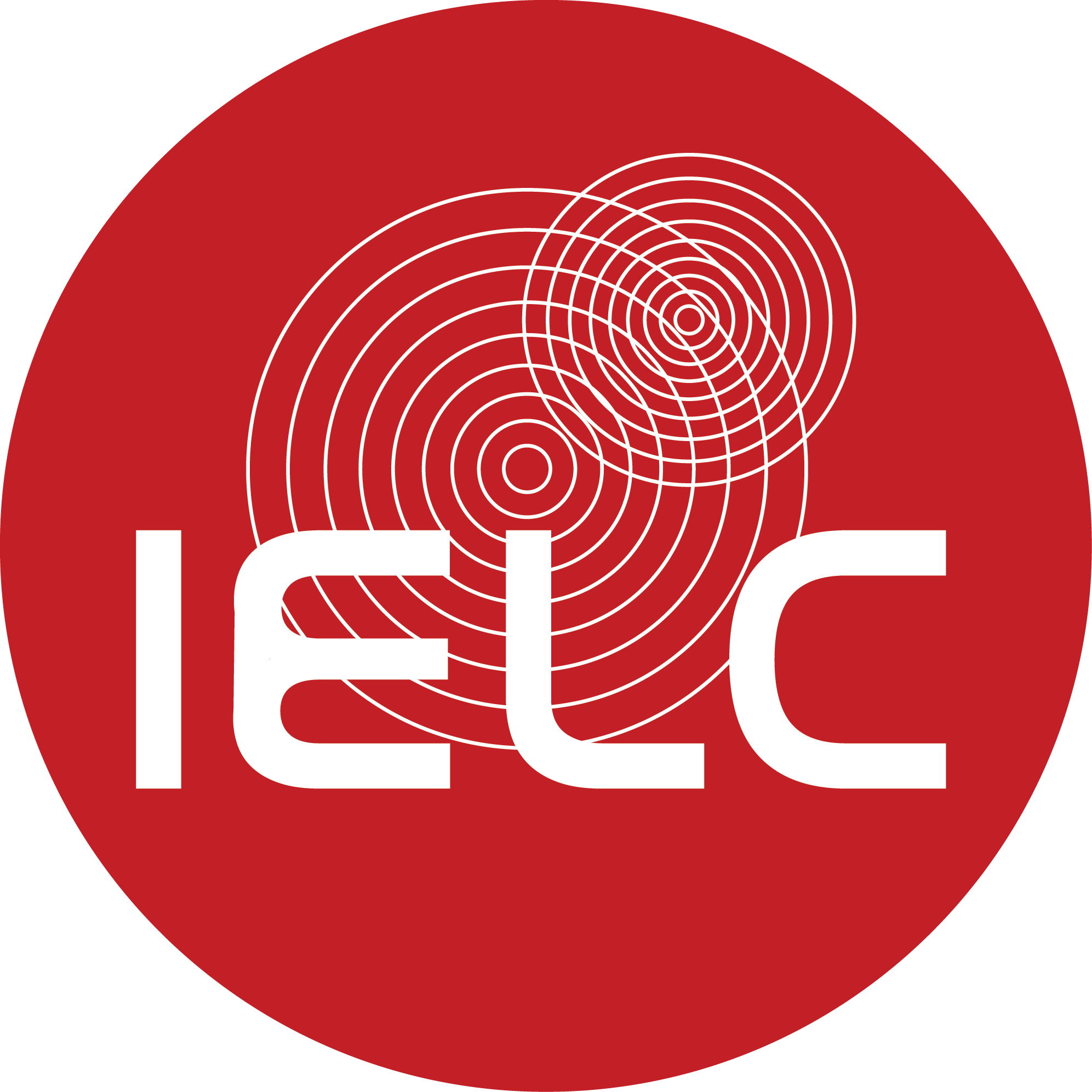|
|
Description Since the 1980s reform efforts round the world have stressed changes inspired by market economic principles and the needs of knowledge economy. These changes have included the decentralization of decision making and administrative authority to school principals, and the promotion of lifelong learning through reforms in the areas of teaching and learning. Such wide-ranging changes have placed increased responsibility on school leaders in directing organizational change and adapting to teaching and learning process. Research has stressed a congruent shift in the enactment of school leadership through the emergence pf distributed leadership as a crucial field of injury, exploring how responsibilities for leadership and management are shared across the organization and with it an assertion that all teachers may be leaders. However, an increased research focus on teacher leadership has resulted in a diminished focus on the role played by middle leaders (MLs) who hold formal positions of authority and shifting formal and informal leadership structures impact on them. Simultaneously, changes in school curricula have created the need for expanded middle leadership responsibilities. The purpose of this study is:
|
|---|



